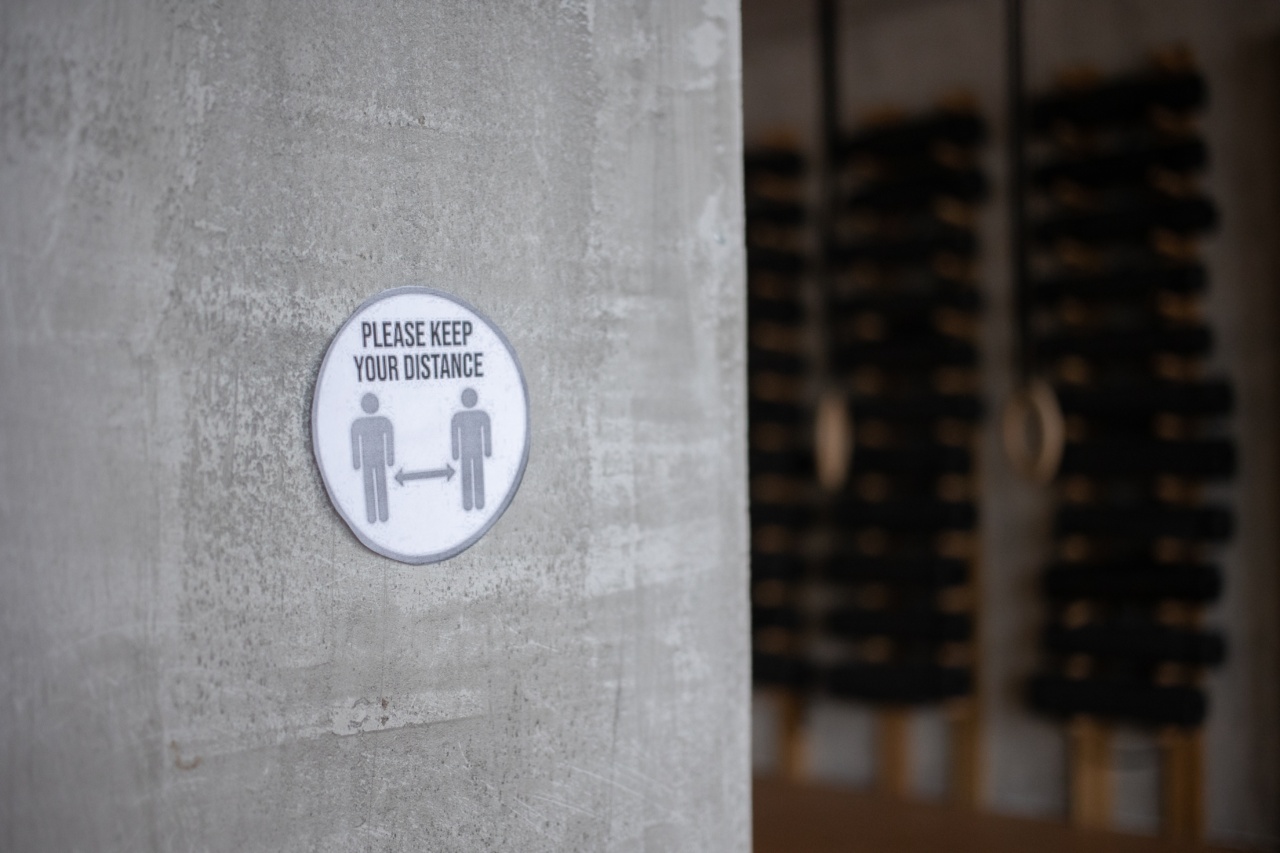When it comes to monitoring our health, many of us focus on well-known indicators such as body weight, blood pressure, and heart rate. However, there is another important aspect of our health that often goes unnoticed – our stool.
While it may be an uncomfortable topic to discuss, changes in stool consistency, color, or shape can sometimes be indicative of underlying health issues, including cancer.
Understanding the Basics
Before we dive into the potential relationship between stool and cancer, it is important to understand the basics of what constitutes a normal bowel movement. Generally, healthy stool is soft, smooth, and easy to pass.
It should be medium to dark brown in color, shaped like a log or sausage, and have a mild odor. While minor variations in these characteristics are common and often influenced by diet, significant changes can be concerning.
Red Flags to Watch Out For
While it is essential not to jump to conclusions or be overly alarmed by occasional changes in stool appearance, certain red flags warrant medical investigation.
If you notice any of the following signs persistently, it is crucial to consult a healthcare professional:.
- Significant blood in your stool: Blood in your stool can be a notable warning sign of colorectal cancer, especially if it appears dark or black, indicating that the bleeding is occurring higher up in the digestive tract. However, blood in the stool can also be caused by other conditions such as hemorrhoids or gastrointestinal ulcers, so it is essential to seek medical advice for an accurate diagnosis.
- Persistent changes in bowel habits: Any sudden and persistent changes in your bowel movements, such as diarrhea, constipation, or narrow stools, may be indicative of underlying health issues, including colon cancer.
- Unexplained weight loss: If you have been losing weight unintentionally without making any changes to your diet or exercise routine, it could be a sign of various health problems, including cancer. When it comes to colorectal cancer, unexplained weight loss can be accompanied by changes in bowel habits.
- Unusual stool consistency: While everyone’s stool consistency can vary slightly, persistent pencil-thin stools that resemble ribbons may indicate a blockage in the colon caused by a tumor.
- Changes in stool color: While diet can influence stool color to some extent, persistent or significant changes can be a cause for concern. Black or tarry stools may indicate bleeding in the upper digestive tract, while pale or clay-colored stools can be a sign of issues with liver function.
- Excessive mucus in stool: While small amounts of mucus in the stool are normal, large amounts or persistent presence may be indicative of inflammation, infection, or even cancer in the gastrointestinal tract.
When to Consult a Healthcare Professional
It is important to remember that experiencing one or two of these symptoms does not automatically mean you have cancer. Stool changes can be caused by various factors, including dietary changes, medications, stress, and digestive disorders.
However, if you notice any persistent changes or a combination of these red flags, it is vital to consult a healthcare professional for evaluation and proper diagnosis.
The healthcare provider will likely perform a thorough examination, ask about your medical history, and may order specific tests such as stool analysis, colonoscopy, or imaging scans.
These tests can help identify or rule out potential underlying causes of the stool changes, including cancer.
Additional Risk Factors
While stool changes alone may not definitively indicate cancer, certain risk factors can increase your chances of developing colorectal cancer and should be taken into consideration:.
- Age: The risk of colorectal cancer increases significantly after the age of 50. Regular screenings, such as colonoscopies, are recommended for individuals in this age group to detect any potential issues early on.
- Family history: If you have immediate family members who have been diagnosed with colorectal cancer, your risk may be higher. It is crucial to inform your healthcare provider about your family history to determine the best screening plan for you.
- Personal history: If you have previously had colorectal cancer or certain types of polyps, your chances of developing the disease again are higher. Regular check-ups and screenings are essential in these cases.
- Lifestyle factors: Certain lifestyle choices, such as a diet high in processed foods and low in fiber, sedentary behavior, obesity, and smoking, can increase the risk of colorectal cancer.
Prevention and Early Detection
While changes in stool characteristics can sometimes indicate cancer or other health issues, it is important to focus on prevention and early detection.
Making positive lifestyle choices such as maintaining a balanced diet, engaging in regular physical activity, avoiding tobacco and excessive alcohol consumption, and managing stress can significantly reduce the risk of developing colorectal cancer.
Regular screenings, such as colonoscopies, are recommended for individuals above the age of 50, or earlier for those with higher risk factors.
These screenings help detect precancerous polyps or early-stage cancer, allowing for timely intervention and treatment.
Conclusion
Although changes in stool characteristics can sometimes be indicative of cancer, it is essential not to panic if you notice an occasional variation in your bowel movements.
However, recognizing persistent or significant changes in stool color, consistency, or shape and understanding the associated red flags can be crucial in identifying potential health issues earlier.
Consulting a healthcare professional and undergoing appropriate screenings are essential steps in determining the underlying cause of the stool changes.
Remember, prevention and early detection play a vital role in effectively managing and treating colorectal cancer.





























